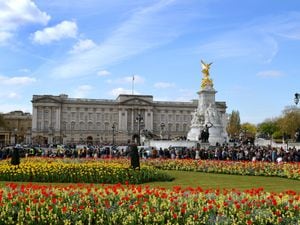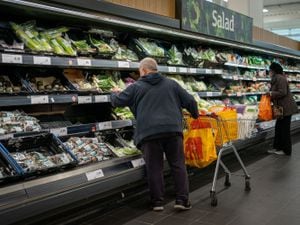Brexit battle is central to Liberal Democrat manifesto
Key pledges include the offer of a referendum on the agreed terms of the Brexit deal reached by the prime minister.

Brexit is unsurprisingly at the forefront of the Liberal Democrat manifesto as the party seeks to “protect Britain’s place in Europe”.
Key pledges include the offer of a second referendum to ensure the deal agreed with Brussels is put to voters, with one option being to remain in the EU, and the desire to “fight a hard Brexit”.
The latter involves promises to press for the UK to unilaterally guarantee the rights of the 3.2 million EU nationals living in the UK, seeking continued access to the single market and customs union, and allowing Britons to continue to work, travel, study and retire across the EU.
UK law must also seek to maintain environmental standards while “maximum cooperation” is needed in fighting crime alongside the EU, the document adds.
On jobs, the manifesto states: “We must protect support for domestic industries such as farming, tourism and the creative industries, as well as regional support for deprived areas.
“The City of London is Europe’s financial capital and must retain its full rights in EU financial markets.”
The Lib Dems also say they will “strive to retain” the European Health Insurance Card, reduced mobile phone roaming charges and pet passports.

Scotland, Wales and Northern Ireland must also have their priorities and long-term interests “fully taken into account” during Brexit negotiations, the party notes.
The offer being made by the Lib Dems is framed around its fears over what the Conservative Party could do should it retain power.
The manifesto states: “While much remains uncertain about Theresa May’s approach, it is now clear that the Conservatives are campaigning for a hard Brexit.
“This means leaving the single market, ending freedom of movement and abandoning the customs union – even though these choices will make the UK poorer and disappoint many leave voters who wanted a different outcome.”





